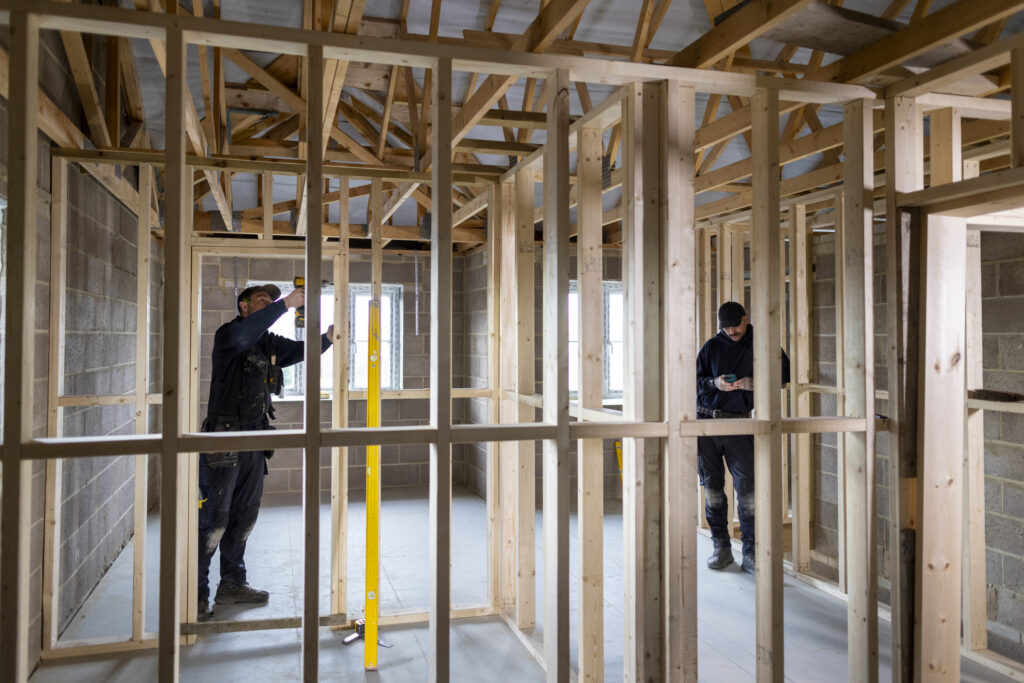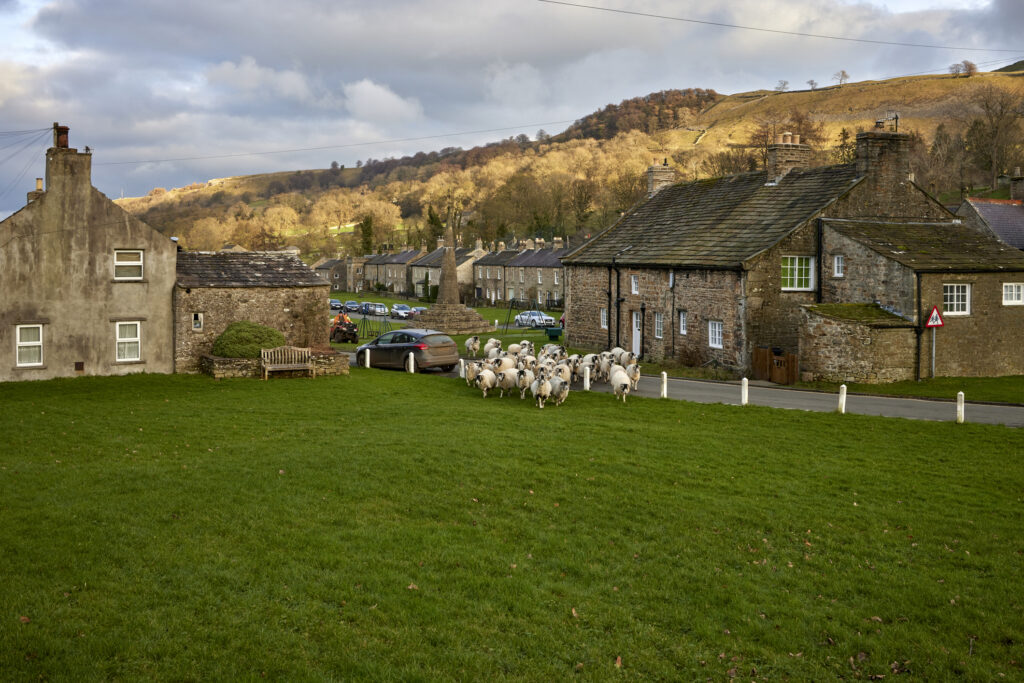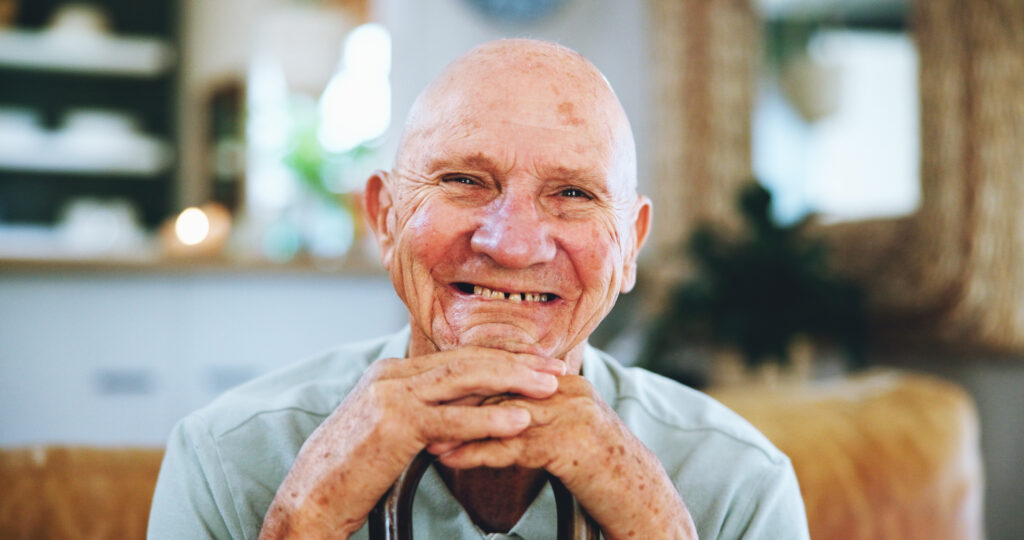
MAGPAS Air Ambulance
Every second counts in an emergency. Magpas Air Ambulance is often the first on the scene, and its new airbase could see response times cut even further.
Social Problem
When you’re critically ill or injured, every second counts—and for some patients, their needs are so great that they cannot wait for an ambulance to take them to hospital. Often, their life and future recovery relies on specially trained doctors and paramedics bringing treatments and procedures usually only found in an A&E department to them.
Solution
Magpas Air Ambulance responds to an average of four emergencies a day, across Cambridgeshire, Bedfordshire and the East of England. Its helicopter can reach speeds of 160 miles an hour and fly directly to the scene of an accident, usually arriving within 10 minutes. A critical care doctor is then able to provide lifesaving treatments, such as anaethisia and emergency surgical procedures, many of which cannot be carried out by land ambulance paramedics.
Loan
Magpas has leased its airbase for a number of years. The buildings are old and inefficient, so running and maintenance costs are high. Plus, the airbase is separate from the charity’s headquarters. When the airfield was earmarked for housing, the charity decided it was time to invest in a purpose-built development. It found the ideal site—a former police dog training centre with good road links (40% of call-outs require emergency response vehicles). The charity was able to secure a grant to buy the land, and is part funding the development with a £2.5m Charity Bank loan and £1.4m loan from the Resilience & Recovery Loan Fund.
Impact
Magpas will move into its new home by June 2023. The new build will be far more economical to run, especially as the airbase, training centre and offices will all be in one location. In total, the charity expects to save around £100,000 a year, which will more than cover the loan repayments.
More importantly, the new location should help Magpas to reduce response times even further. Magpas also plans to increase the training it provides, including teaching members of the community CPR. And it will be able to improve staff and volunteer facilities, helping to attract the best candidates for vacancies. In short, the move will mean Magpas can save even more lives.
“If we’d delayed the project to raise more money, the costs would have gone up significantly. The loan meant that we could get the construction work underway and secure those prices before they went any higher.”
Daryl Brown MBE, CEO, Magpas Air Ambulance
“Zak started to have a seizure. I knew this was a life-threatening occasion and that an ambulance might not get to us in time. He was unconscious and getting bluer. I remember the doctor running across and saying ‘It’s Magpas Air Ambulance’. If we’d had to wait, I’m not sure I’d have this 11-year-old I have today.”
A patient’s mother
About Charity Bank
Charity Bank is the loans and savings bank owned by and committed to supporting the social sector. Since 2002, we have used our savers’ money to make more than 1280 loans totalling over £500m to housing, education, social care, community and other social purpose organisations.
The Resilience and Recovery Loan Fund (RRLF) is managed by Social Investment Business (SIB) who make the ultimate lending decision. Charity Bank was one of eight social organisations who delivered this fund. RRLF is not appropriate for all organisations and eligibility criteria applies. Borrowers remain 100% liable for the debt.
Nothing in this article constitutes an invitation to engage in investment activity nor is it advice or a recommendation and professional advice should be taken before any course of action is pursued.


